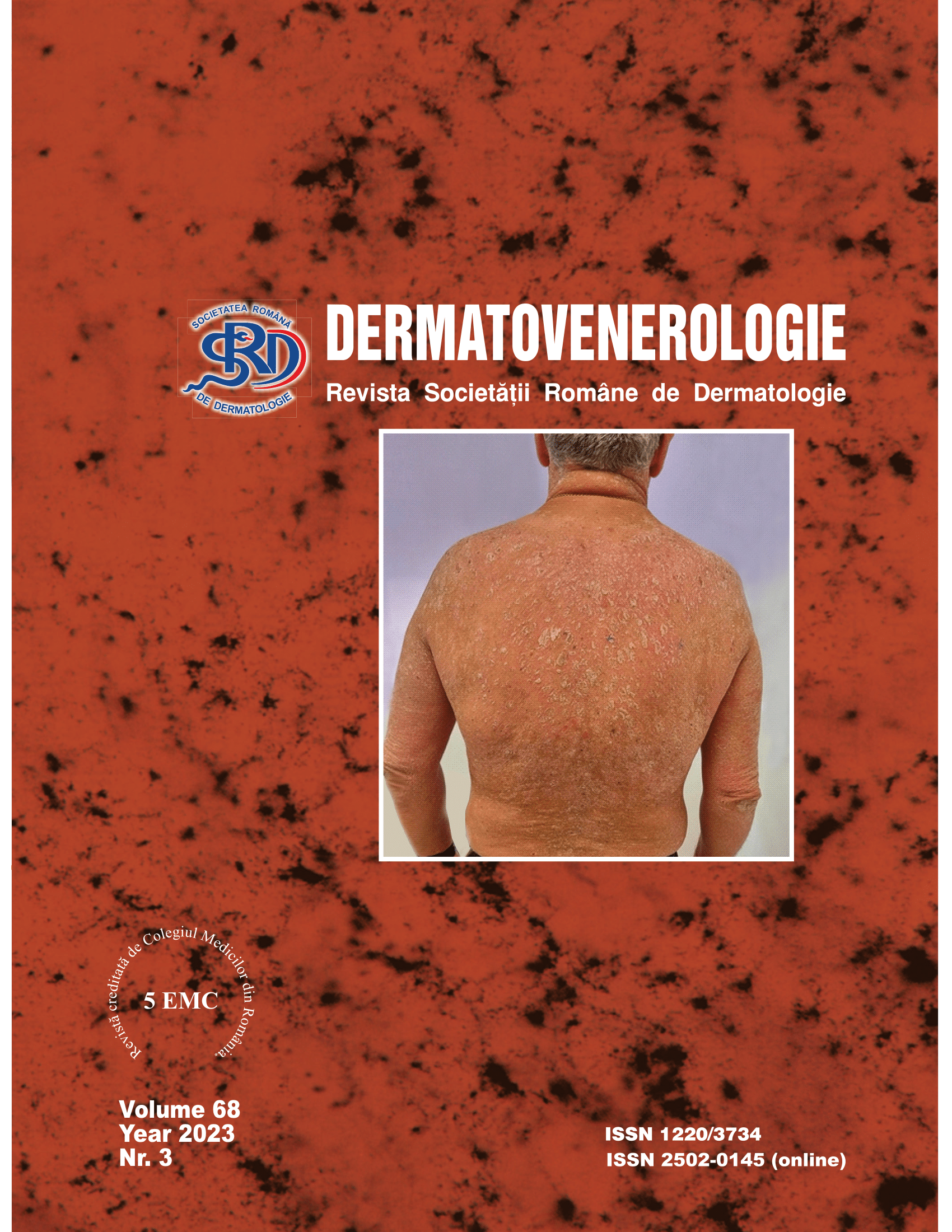Summary:
Erythroderma is a severe skin condition characterized by a generalized erythematous rash covering more than 90% of the skin surface. It is associated with various underlying dermatological and systemic conditions. Diagnosis involves a comprehensive medical history, clinical examination and laboratory investigations. Erythroderma can be caused by the exacerbation of preexisting skin conditions (e.g. psoriasis or atopic dermatitis) or by a drug hypersensitivity reaction, among other etiologies. In severe cases, it requires inpatient management to prevent complications such as dehydration, electrolyte imbalances and infections.
Treatment includes addressing the underlying cause, supportive measures like fluid resuscitation and symptomatic relief using topical corticosteroids and antihistamines. Early diagnosis and targeted treatment are crucial for reducing the mortality and morbidity associated with this dermatological emergency.


